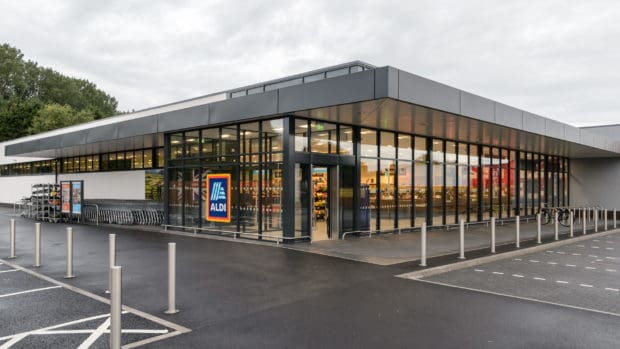A first of its kind study has revealed how the brain responds to common online retail frustrations — and underscored the importance of developing a seamless customer experience.
Conducted by scientists at Goldsmiths, University of London, in partnership with eCommerce experts, Loqate, a GBG solution, the study presented participants with 36 frustrating scenarios – half detailing online retail experiences and half everyday occurrences. Brain responses were monitored using a 64-electrode electroencephalogram (EEG), heart responses were measured using an electrocardiogram (ECG) and self-reported behavioural data was also collected, before ranking them in order of severity.
Psychologists observed that three retail scenarios fell into the top quartile of results. These triggered similar neurological responses to some of the most frustrating non-retail scenarios, including getting a bike stolen, arriving late to and losing out on an appointment because you got stuck in unexpected traffic, and being knocked off the internet moments before an important work meeting. The most frustrating retail scenarios were:
-
Having a wedding outfit delivered after the day after the big day – despite paying extra to receive it on time.
-
Spending an hour queuing online for a hot ticket to an event – only to have the website crash when you reach the front of the queue.
-
Having a hotly anticipated delivery returned to the depot due to the address not being found.
The high-density EEG imaging revealed that these unpleasant online retail experiences produced stronger frontal alpha asymmetry in the brain – indicative of repulsion. Similarly the online retail scenarios triggered changes in the heart rate variability that are hallmarks of the ‘fight or flight’ response – strengthening the evidence that suggests these situations are highly aversive and ones people would seek to avoid in the future.
Other key results from the study suggested that people were bombarded with memories of their own online eCommerce letdowns, as large increases (20 per cent or more) in the high-frequency gamma signals were detected at both the far left and far right sides of the brain when comparing responses to retail vs. non-retail scenarios.
Professor Joydeep Bhattacharya, Goldsmiths, University of London, explains: “These high-frequency gamma signals coming from the frontotemporal brain regions during retail scenarios suggest a higher memory engagement and a higher level of integration of memory, attention and emotional arousal – all of which are critically engaged for a highly frustrating experience because of its personal relevance. The study shows that our brains respond to retail experiences, especially the frustrating ones, in a vigorous fashion.”
Dr Jack Lewis, consulting neuroscientist on the study continues: “These data show that not only do consumers’ vividly recall their own highly frustrating online retail experiences but that as these memories flood back they are accompanied by changes in the brain and heart data that indicate an urge to flee. This is objective data indicating that frustrations in the context of online retail are powerfully repellant – so it seems likely that consumers would go to great lengths to avoid repeating such experiences in the future.”
The findings present cause for concern for retailers, many of whom are struggling to meet consumer appetite for – and expectations of – online experiences following the COVID-19 pandemic. The number of consumers reporting problems with non-food retailers rose to 12.6 per cent in July 2021. This is the highest since records began and coincides with a sharp rise in online shopping.
The business consequences of such poor experiences can be severe. Research conducted by Loqate found that, on average, consumers abandon a bad checkout 6 times a week, with abandonments each worth approximately £44. Furthermore, two in five Britons (42 per cent) would never return to a retailer with a bad online checkout experience.
Matthew Furneaux, Director of Location Intelligence at Loqate comments: “Across our quantitative and psychological research, the same finding comes across loud and clear. A frustrating online retail experience is likely to jeopardise repeat custom. And with the retail landscape as competitive as it is, retailers simply cannot afford to do this.”
“The shift towards online retail initiated by the pandemic is a permanent one. Retailers need to give real consideration to their entire digital experience – from payment technology through to address verification – because this will only become more intrinsic to their relationship with customers and indicative of business success.”








Share